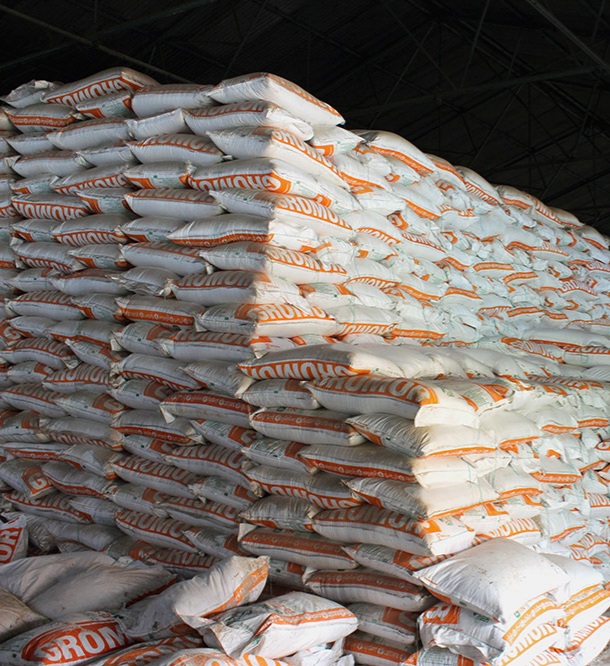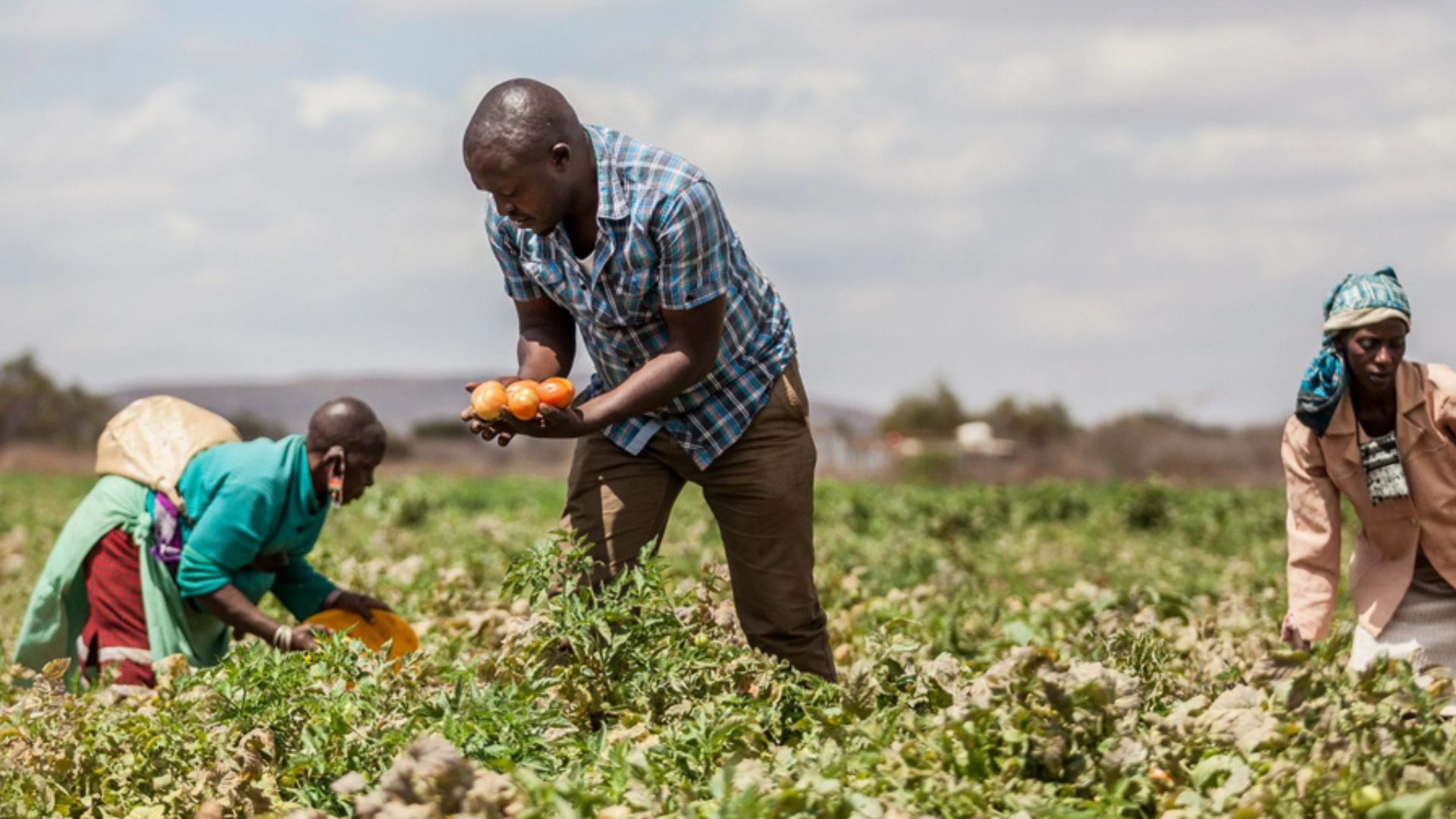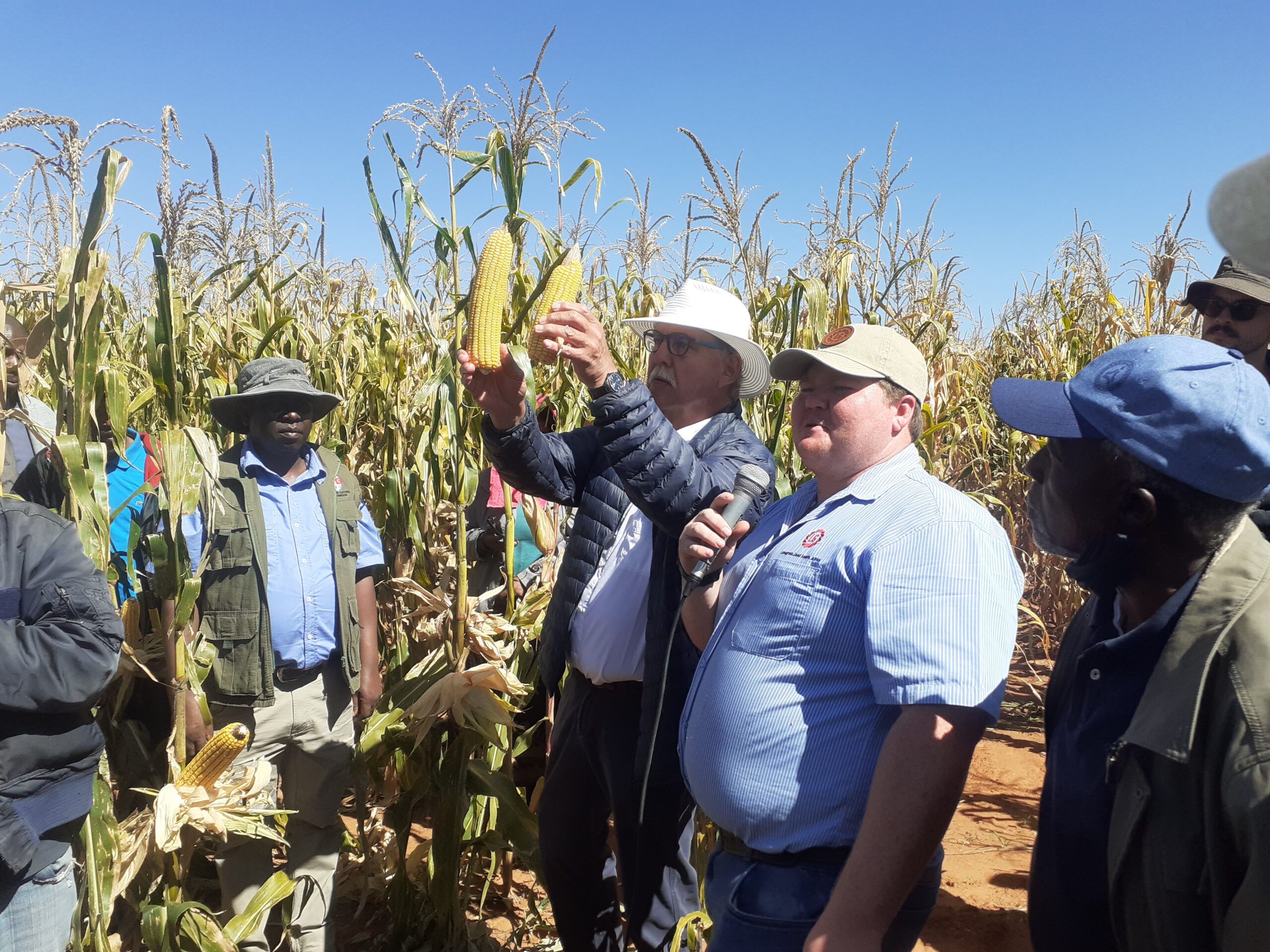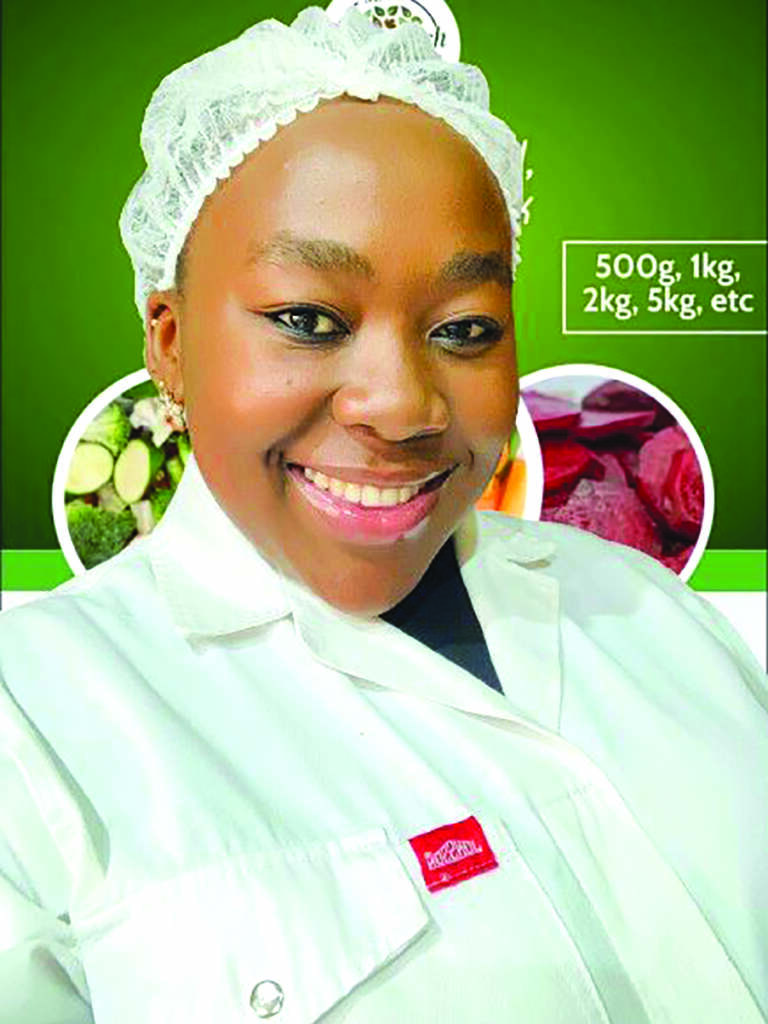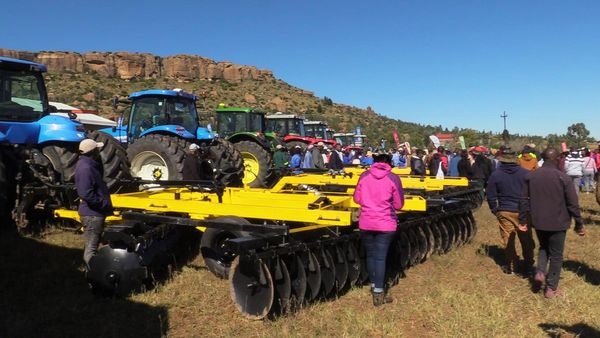By Lerato Matheka
At least 30 per cent of Lesotho’s harvest goes to waste due to poor post-harvest handling, acting Principal Secretary with the Ministry of Agriculture and Food Securing, Lekhooe Makhate revealed.
While the ministry blamed the skills, farmers were quick to blame the delay of inputs and lack of skills by the government and its field officers.
Farmers charged that while annually the government subsidises fertilisers and seeds, availability of the inputs products is always late, forcing farmers to plough late and harvest late.
Postharvest losses of grains and pulses are significant throughout Sub-Saharan Africa. According to the Food and Agriculture Organisation (FAO) 15% of cereals – equalling 15 to 20 million metric tons – are lost every year for human consumption, thereby exacerbating food insecurity.
In Africa, according to FAO, the vast majority of food loss occurs at the early stages of the food value chain, mainly due to financial, managerial and technical constraints in harvesting and handling techniques as well as storage and cooling facilities.
FAO estimates indicate that postharvest losses (PHL) can reach up to 20 per cent for cereals, 30 per cent for dairy and fish, and 40 per cent for fruit and vegetables.
According to the Lesotho Food System report, A major contribution to food loss, especially in developing regions, is the lack of adequate handling of and storage facilities for fresh products such as fruits, vegetables, meat, and fish. In developing countries, 19% of fruit and vegetable loss occurs during handling and storage.
Additionally, the report noted that failure to store cereal or pulse crops in airtight conditions allows moisture and pests to enter, potentially causing mold, toxin, or pest contamination of the crop
Makhate indicated that Lesotho’s driving factor for food insecurity is the lack of post-harvest skills by farmers saying, “Many factors affect adequate post-harvest losses and while capacity and skills are at the top of the list, there is a problem of lack of storage, equipment and proper management of harvested produce,” Makhate explained.
He was addressing farmers during a multistakeholder meeting in Maseru.
Organised by the Lesotho National Farmers’ Union (LENAFU), the SADP and the Ministry of Agriculture’s marketing department, the meeting addressed Post-Harvest Loss Management and Agro-Processing.
Makhate highlighted unclear policies and guidelines posed a challenge in managing post-harvest losses, but urged the stakeholders to document recommendations which would be presented to his ministry ahead of the 2024 National Budget.
“The government is looking for lasting solutions that will inform policy direction and tone to change the current status quo of our post-harvest losses. We need policies that leave room for the use of technology. Hence, as you deliberate, look at the existence of specific laws that govern and guide post-harvesting handling and management and infrastructure.”
“At present Lesotho imports 80 per cent of food from South Africa, this is not because Lesotho cannot produce enough to feed itself, the challenge is after producing, harvests are spoiled during and post-harvest,” the acting PS said.
Deputy President of LENAFU, Daniel Chakela, advised that to solve the problem, the Agriculture Ministry needs to have a quota of access to input per farmer.
“Access to the subsidised inputs is our annual problem. The government says it is doing this to enable every farmer to have access to input, but big farmers with more money selfishly buy large quantities leaving nothing for the poor farmers.
“The government needs to first solve that and ensure that supply is available on time. This year many farmers received the supplies very late and that alone is a pertinent factor that will drive late harvest,”
Khotso Leaphene, LENAFU Executive Director explained that Access to financing for harvesting, access to market after harvesting, storage and transport, lack of information and technology and nonexistence of policies and regulations are the main key driving factors towards Lesotho’s post-harvest problem.
To emphasise Lepheana’s allusions, Nothembile Nobala, senior marketing officer in the Marketing Department of the Agriculture Ministry said their July 2022 study on Post-Harvest Loss indicated that Maize losses were estimated at 94-98% recording the highest crop to spoil during and post-harvesting.
Nobala continued to say Dry Beans recorded a 44- 80% loss rate while Soghum recorded a 23-55% loss.
She indicated that the study was done in Maseru, Mokhotlong, Leribe, Mohale’s Hoek and Quthing.
“The main constraints to production, the study revealed that majority of agricultural activities are rain reliance which due to many factors is not reliable. The other factor identified was lack of inputs, lack of access to finance, pests and disease pandemic as well as extreme temperatures,” she said.
“While production has its challenges, Lesotho’s harvesting methods are still manual and direct picking which takes time and thus delays market availability.
The harvesting system includes the use of stills during threshing and sorting, an act that damages produce and impacts on quality.”
Nobala emphasised that the study identified a lack of adequate skills in pesticide handling, packaging and storage as other factors that affect high yields.
“A farmer can have a large yield but produce spoil during harvesting, storing or packaging, especially for commercial purposes,” she explained.
She highlighted that food insecurity in Lesotho is driven by post-harvest losses due to ineffective post-harvest management.
Mahasela Mpopo, a farmer stressed that Lesotho needs to take a pragmatic approach in terms of addressing challenges emanating from post-harvest
Losses through collaboration and organisation.
He noted that efforts to improve farmers’ welfare through increasing yields for major crops in Lesotho will be futile if a substantial proportion of the crops produced is lost during and/or after harvesting due to inappropriate crop handling, processing, marketing activities and storage technologies, however, if farmers organised themselves according to what they produce, they offer direct solutions that will benefit the country.
“We already have an example of potato producers, they are organised and they speak in one voice. A lot has been said here but all solutions lie with us moving on rhythm and speaking in voice,” he said.
Another farmer, Mahlompho ‘Mota charged that while farmers are complaining about access to finance, they aren’t accountable.
“We are always quick to look at the government for solutions to problems caused by us. We speak about access to finance, but if we are being true to ourselves, are we accountable for our daily farming activities? Can we be trusted with money that needs serious accounting? We need to first be intentional. We are our biggest enemies and until we solve ourselves, we will gather again and talk about the same things,” ‘Mota charged saying most Basotho farmers produce without proper market research or product research hence large post-harvest losses.

Your Trusted Source for News and Insights in Lesotho!
At Newsday Media, we are passionate about delivering accurate, timely, and engaging news and multimedia content to our diverse audience. Founded with the vision of revolutionizing the media landscape in Lesotho, we have grown into a leading hybrid media company that blends traditional journalism with innovative digital platforms.


